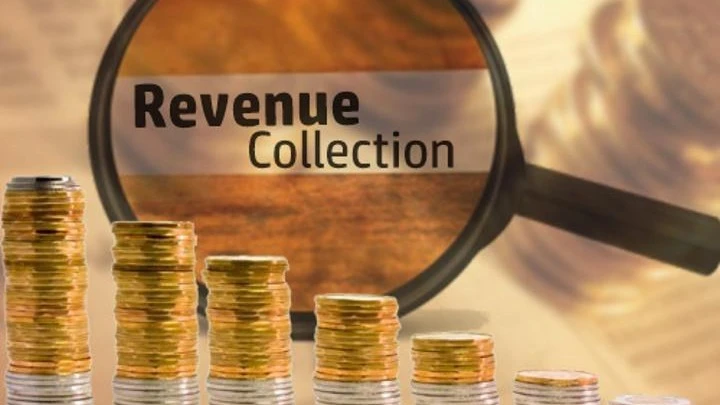The importance of assessment in improving education

ANY valuable work done by human beings must be assessed. The purpose of assessment is to determine progress, as humans are rational, objective-driven beings. This is particularly true in education, where significant investments in resources, time and effort are made.
These investments create a need for demonstrable achievements to keep all stakeholders motivated.
In schools, resources such as teachers, learning materials and in some cases, technology, requires ongoing maintenance and funding. When so much is invested, it becomes essential to make concerted efforts to ensure that success is evident in the teaching and learning process.
Ignoring the quality of performance and outcomes could suggest a lack of commitment. Teachers set an example for students by conducting regular assessments to monitor progress, which enables them to provide specific guidance that leads to positive results.
Assessment allows teachers to gauge students’ understanding and identify areas where they may be struggling. This insight enables educators to tailor their instruction to address specific needs, making teaching more effective and learning more meaningful.
Regular assessment helps track student progress over time, giving both teachers and students a clear picture of how well they are achieving learning goals. This encourages continuous improvement, helping students stay on track and reach their academic potential.
By identifying gaps in student learning, assessment helps educators address disparities and provide additional support where needed. This makes it easier to ensure that all students have an equal opportunity to succeed.
Assessments, whether formative or summative, can take various forms such as exercises, quizzes, assignments, tests and exams. Each type of assessment serves a unique purpose depending on the teacher's goals. Some assessments foster critical thinking and a habit of reading, while others measure student achievement over a certain period.
Success in education, like in other sectors, is often measured in relation to time, reflecting its importance to broader economic and social progress.
Different types of assessments include open forms, such as exercises, assignments, and quizzes, and more formalized ones, like tests and exams, which are typically supervised by an invigilator.
Because of the formal administration of tests and exams, they are often valued more highly than other forms of assessment, though each type holds value depending on its purpose. Some assessments, like assignments, encourage learning, while others, like exams, are used to determine readiness for advancement.
Given the importance of assessment in the teaching and learning process, both teachers and students must approach it with seriousness and commitment to achieve the expected outcomes.
Proper documentation and organization of assessments are essential for tracking progress. Students benefit from keeping records of exercises, quizzes, assignments, tests, and exams, as reviewing past questions and answers can serve as an invaluable study resource.
Assessment plays a crucial role in maintaining the quality of education. Assessment is vital for improving education because it does not only measures learning but helps shape and enhances it.
Teachers need to understand how much students have learned. Assessments reveal areas that require more focus and areas where students are performing well. Teachers can then adjust their methods to meet students' needs without covering material they already know which can keep lessons engaging and prevent boredom.
Assessment results send a clear message to students about their progress, highlighting achievements and areas for improvement. When students don’t perform well, it can motivate them to put in more effort, while successful outcomes encourage them to maintain or improve their performance. Teachers can emphasize that academic competition reflects life’s broader challenges, helping students build resilience and dedication.
Performance on assessments can also indicate a student’s readiness for further study. This helps teachers provide informed guidance to students about their academic potential and areas where they may need to work harder to achieve their best within their abilities.
Assessments, particularly exams, are often used to decide if a student is ready to advance to the next grade. Exams provide a clear snapshot of a student’s achievement and readiness for future challenges. When well-constructed, exams effectively reflect the student’s understanding and support decisions regarding their educational path.
Well-conducted assessments also reflect the teacher’s expertise and credibility. Thoughtfully crafted questions demonstrate the teacher understands of the subject and commitment to quality education. Well-regarded assessments can enhance a teacher’s reputation, benefiting both the teacher and the learning environment.
Assessment is integral to the teaching and learning process. Because education is goal-oriented, regular assessment is essential to evaluate progress and ensure educational standards are maintained.
Education plays a fundamental role in upholding social standards, and assessment helps fulfill this role, supporting the idea that effective teaching is, in essence, thorough and meaningful assessment.
Top Headlines
© 2025 IPPMEDIA.COM. ALL RIGHTS RESERVED

























